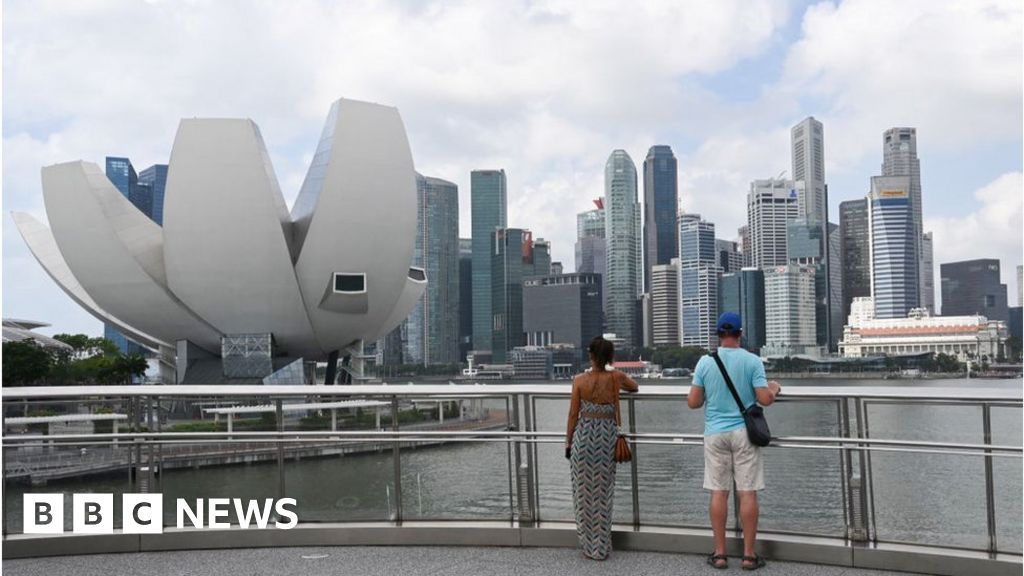Virus Could Shake Up World's Most Expensive Cities

 Image copyright
Getty Images
Image copyright
Getty Images
Hong Kong, Singapore and Osaka have just been ranked as the world's most expensive cities to live in.
But this may not be the case after the full impact of the coronavirus pandemic takes its toll.
Cities that get a large part of their income from tourism could become cheaper as their economies shrink and prices are driven down.
This is one of the predictions made by the Economist Intelligence Unit (EIU), which tracks living costs globally.
Its Worldwide Cost of Living Survey for 2020 was compiled in November 2019, before the coronavirus became a pandemic. Its next survey could look very different.
"Cities that rely on tourism should see some downward pressure on prices. So Singapore and Hong Kong might not hold the top spot going forward. We could see a different city on top," said Simon Baptist, the EIU's chief economist.
The impact of the coronavirus has shaken the world economy, with the travel and tourism industries among the hardest hit. Hong Kong and Singapore are two of the cities that could see a big drop in revenue as demand for leisure activities, restaurants and accommodation plummets. This weaker demand could drive down prices, making these cities cheaper for their inhabitants.
The EIU report saw Osaka knock Paris out of its top three most expensive cities as a stronger yen made Japan's third biggest city more costly to live in. The researchers looked at more than 400 prices across 160 products and services. These included cars and electronic goods, which have seen major supply disruptions in China.
While the car industry was badly impacted by China's factory shutdowns during January and February, production is gradually recovering to pre-coronavirus levels. This could result in cheaper cars as manufacturers and dealers have surplus stock.
"Once demand starts to return, we would generally expect vehicle prices to be lower, rather than higher, as carmakers and dealers try to earn back some lost revenues. In some countries or regions where auto is an important industry, subsidies will further help to lower prices," Ana Nicholls, industry director at the EIU said.
Consumers may switch car brands moving to those that have stronger supply chains and less disruption, she added.
The EIU also predicted that the cost of living in some cities may rise as measures to slow the spread of the virus increase businesses overheads.
From Chip War To Cloud War: The Next Frontier In Global Tech Competition
The global chip war, characterized by intense competition among nations and corporations for supremacy in semiconductor ... Read more
The High Stakes Of Tech Regulation: Security Risks And Market Dynamics
The influence of tech giants in the global economy continues to grow, raising crucial questions about how to balance sec... Read more
The Tyranny Of Instagram Interiors: Why It's Time To Break Free From Algorithm-Driven Aesthetics
Instagram has become a dominant force in shaping interior design trends, offering a seemingly endless stream of inspirat... Read more
The Data Crunch In AI: Strategies For Sustainability
Exploring solutions to the imminent exhaustion of internet data for AI training.As the artificial intelligence (AI) indu... Read more
Google Abandons Four-Year Effort To Remove Cookies From Chrome Browser
After four years of dedicated effort, Google has decided to abandon its plan to remove third-party cookies from its Chro... Read more
LinkedIn Embraces AI And Gamification To Drive User Engagement And Revenue
In an effort to tackle slowing revenue growth and enhance user engagement, LinkedIn is turning to artificial intelligenc... Read more

